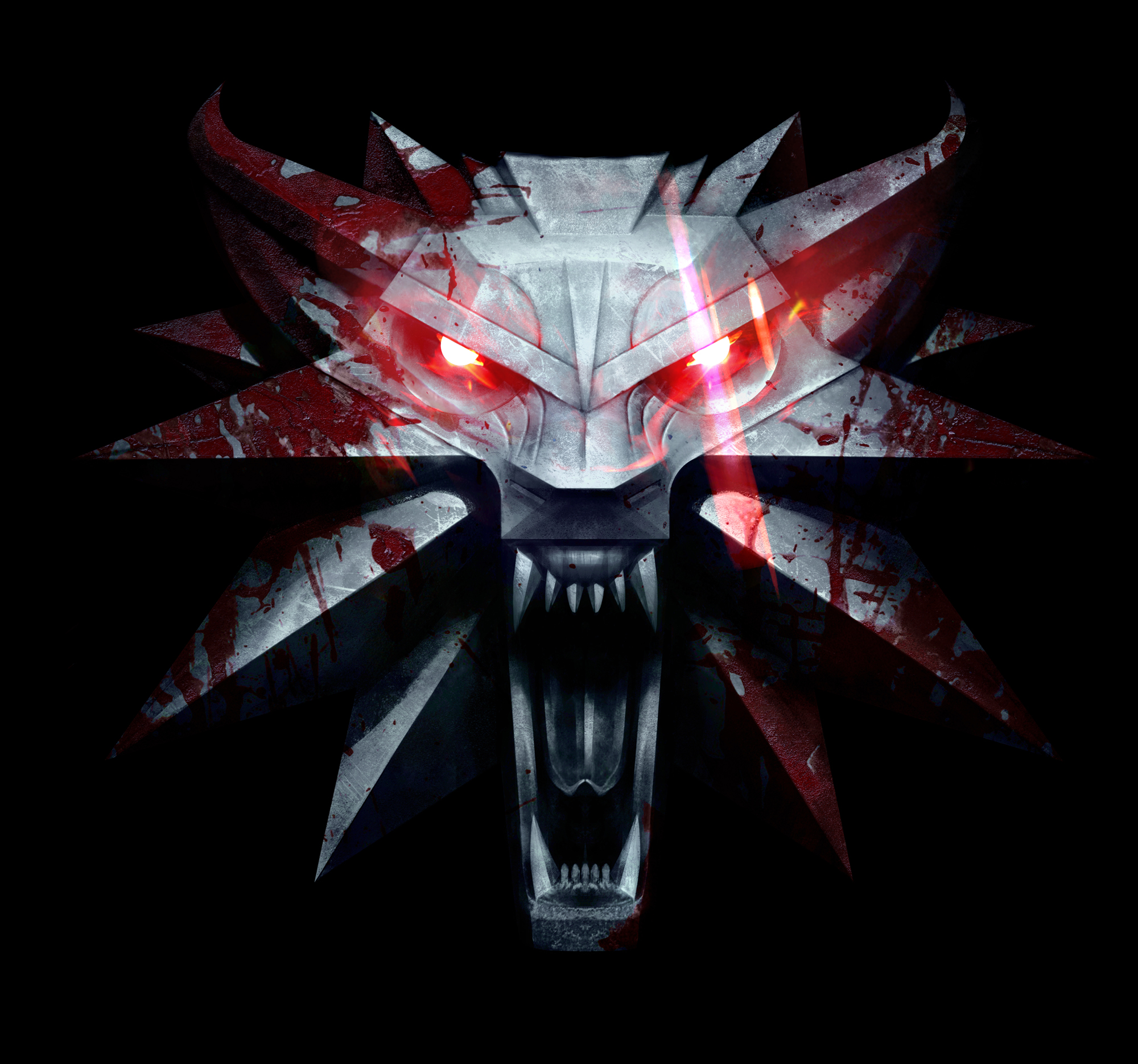If you haven't heard of him, you've probably heard his music before, possibly on television or perhaps in last year's standout narrative adventure The Vanishing of Ethan Carter. Or maybe in your favorite (Dark Souls 2) trailer. Or in the promotional material for the upcoming indie game — you probably haven't heard of it — The Witcher 3: Wild Hunt. Now that he's finished with that project, Mikolai Stroinski was able to chat with us about his career, his inspirations, and his experience working with other composers on Wild Hunt.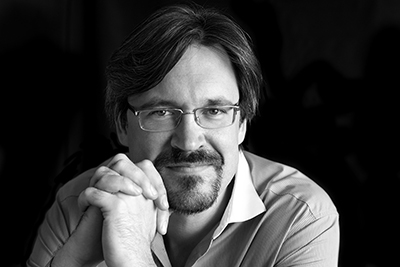
Mikolai Stroinski: I started as a pianist, playing mostly jazz and some classical music. After graduating at the Academy of Music in Katowice (Poland) where I studied jazz piano I moved on to study at Berklee College of Music (Boston) where my major of study was Jazz Piano and Film Scoring. My favorite genres remain 20th century classical and jazz, but I listen to all kinds of music. Recently Coldplay and The Chemical Brothers — the former due to the fact that I've recently caught a serious bug and completely fallen in love with analog synthesizers — they are such amazing and versatile instruments!
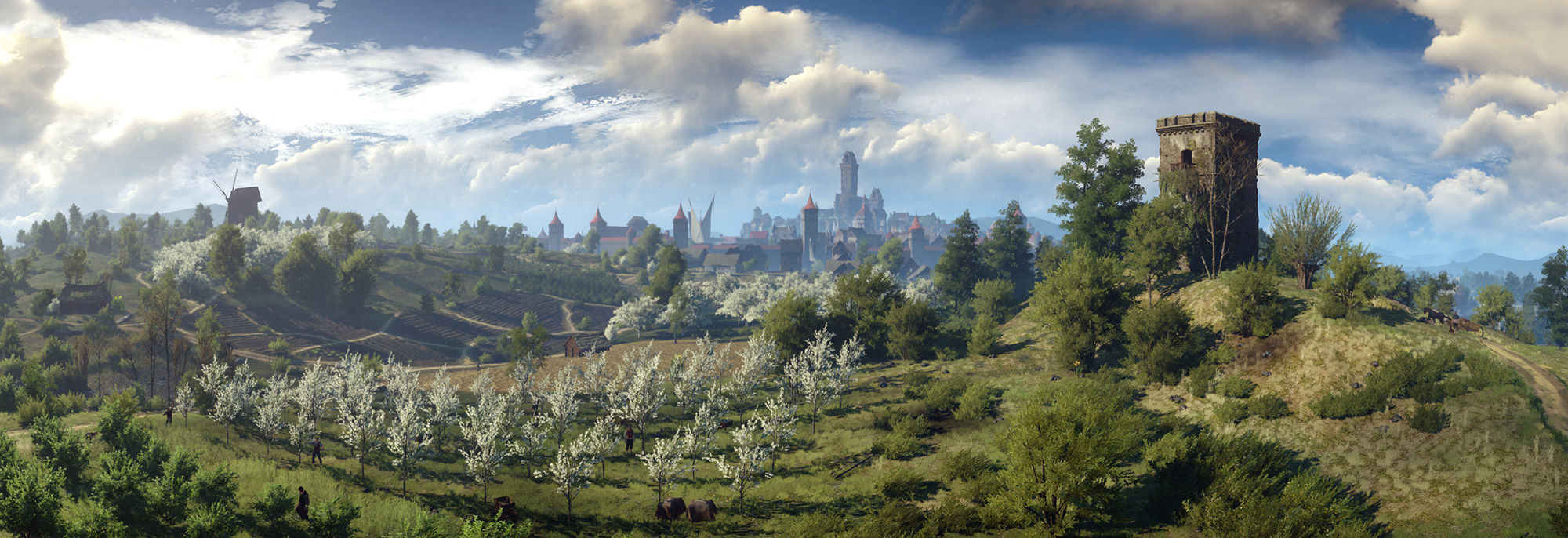
Regarding my own path to video games, after scoring the "Dark Souls II," trailer some propositions appeared for me to score "MouseCraft" and "WordTrap Dungeon" — the rest of the projects followed naturally.
Mikolai: It really depends on the piece of music I'm working on. My approach is very instrumental and usually the vocals don't involve lyrics which leaves the piece of music open to wider interpretation and consequently gives it broader use as well. The shouts in "Commanding the Fury" come from the vocalist of the band Percival who let us use their material in "The Witcher 3" project.
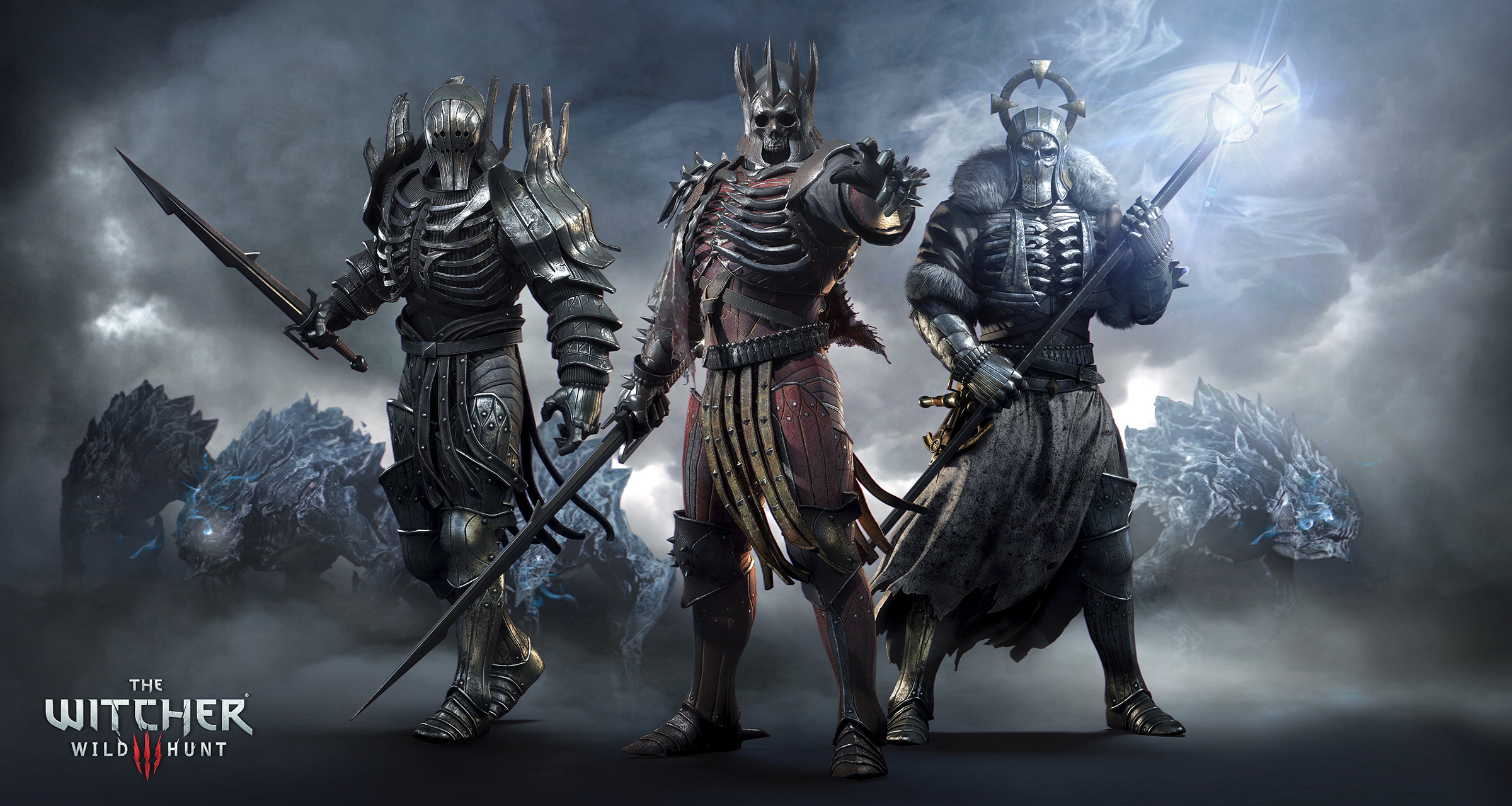
Mikolai: No, the lyrics on "Bonnie At Morn" come from a very old English song. I incorporated them into an exploration track for "The Witcher 3." During the gameplay the cue will play most of the time without the vocals, which will only enter as the player gets deeper into the region.
Yes, I believe there are more pieces with lyrics — they all come from the songs of the band Percival and are sung in a Polish dialect.
Mikolai: We worked very closely and talked every day. My collaboration with CD Projekt Red is always smooth — due to the time difference, I would finish a piece of music and send it off then go to bed. The other side of the globe would receive it just as they wake up, so they can either start working with it right away, or write back with revisions.
I can say that over the couple of months of our mutual work on "The Witcher 3" Marcin and I have become good friends. He is a great, talented and hardworking guy.
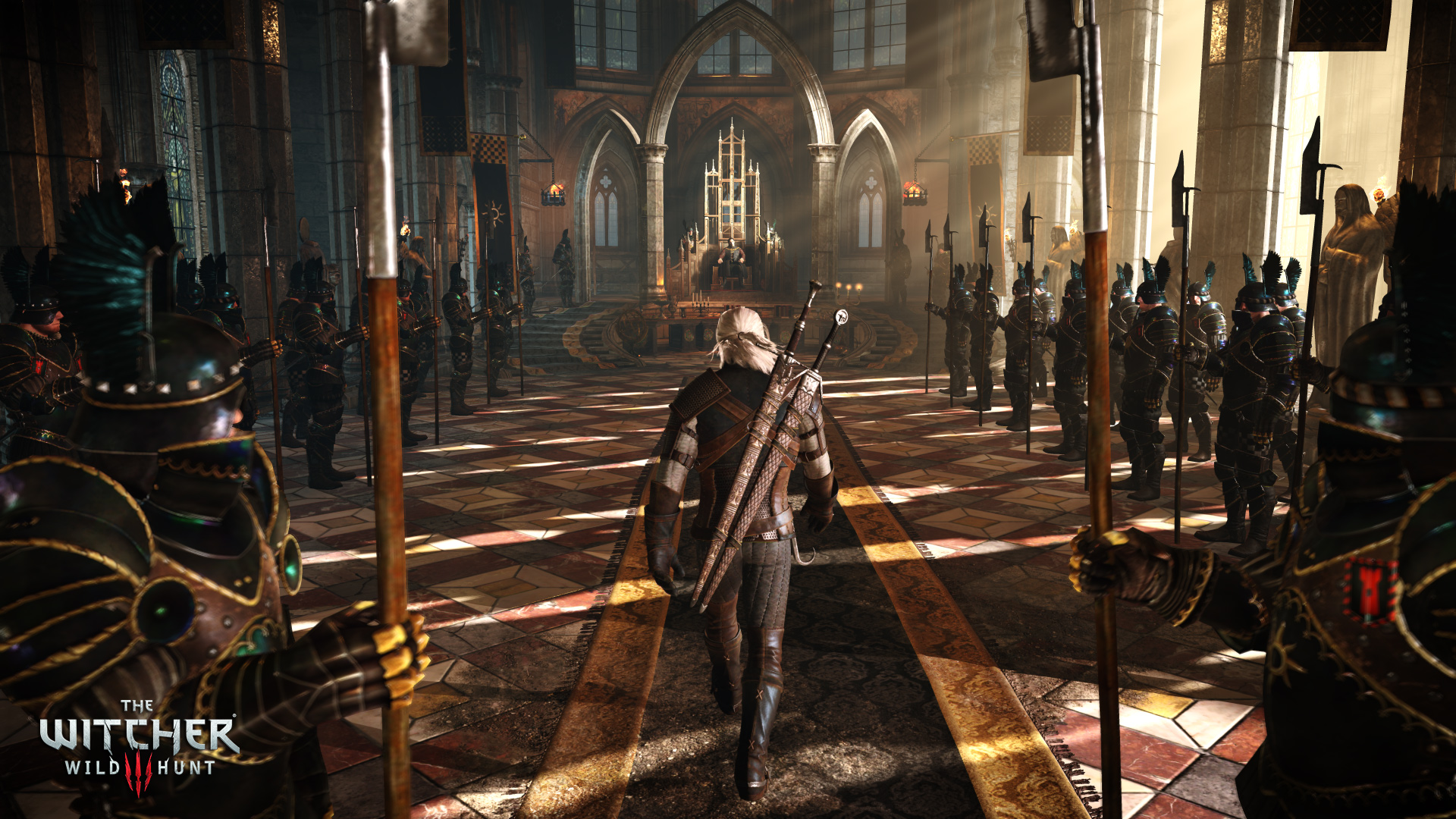
Mikolai: The music for the original "Witcher" was no reference for me except from a lingering main theme which reoccurs in the game here and there. The whole approach has been redefined and we've come up with a lot of new and fresh ideas. I did research a lot of Slavic music before I started working on the game as I usually do before any project. This particular genre is still in me due to the fact that I come from this region of the world, but in order to recreate it and apply it to the gameplay, I had to listen to it more extensively and figure out the musical theory behind it — some rules that I could follow. The biggest chunk of "real" world folk music comes from the band Percival and the soloist Amir Yaghmai.
Mikolai: There is a hurdy-gurdy, saz, kemenche, renaissance fiddle, bowed gusli and lute. Also played by Amir was yali tambour and gheychak — the last one looks like a zombie violin and sounds like it as well. It is old, probably more than 200 years old. On top of those instruments I've engaged an amazing musician Andrew Duckles whose viola dates back to the 16th century! It certainly sounds beautiful.
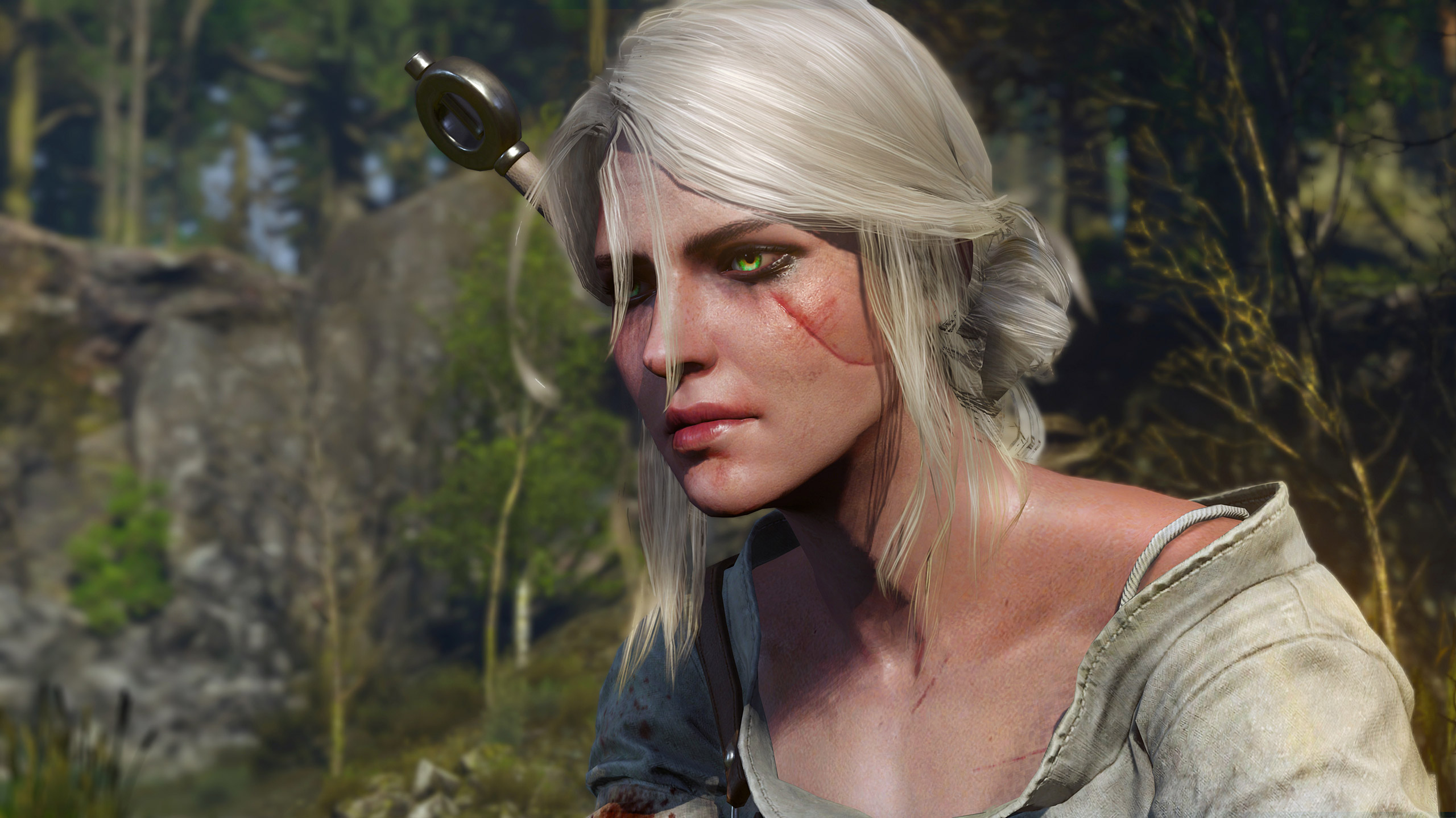
Mikolai: I actually didn't receive a lot of visual materials at all. In fact, at the beginning it was only a few screenshots. On the other hand, their stylistic directions were quite precise — three musical colors for three different worlds, where each one is divided into smaller areas and each area has its own set of exploration and combat music. Naturally there was a lot of scoring for the many cut-scenes as well, which came during the latter part of the work process.
Mikolai: Yes, very much so. Ethan Carter was a more intimate project with less music and a bit more time to focus on it. I had to come up with the entire style because there was no "Ethan" game before this one that would imply the style. There is also a lack of combat and no bombastic cues which "The Witcher" has plenty of. The music is as different as the games themselves are.
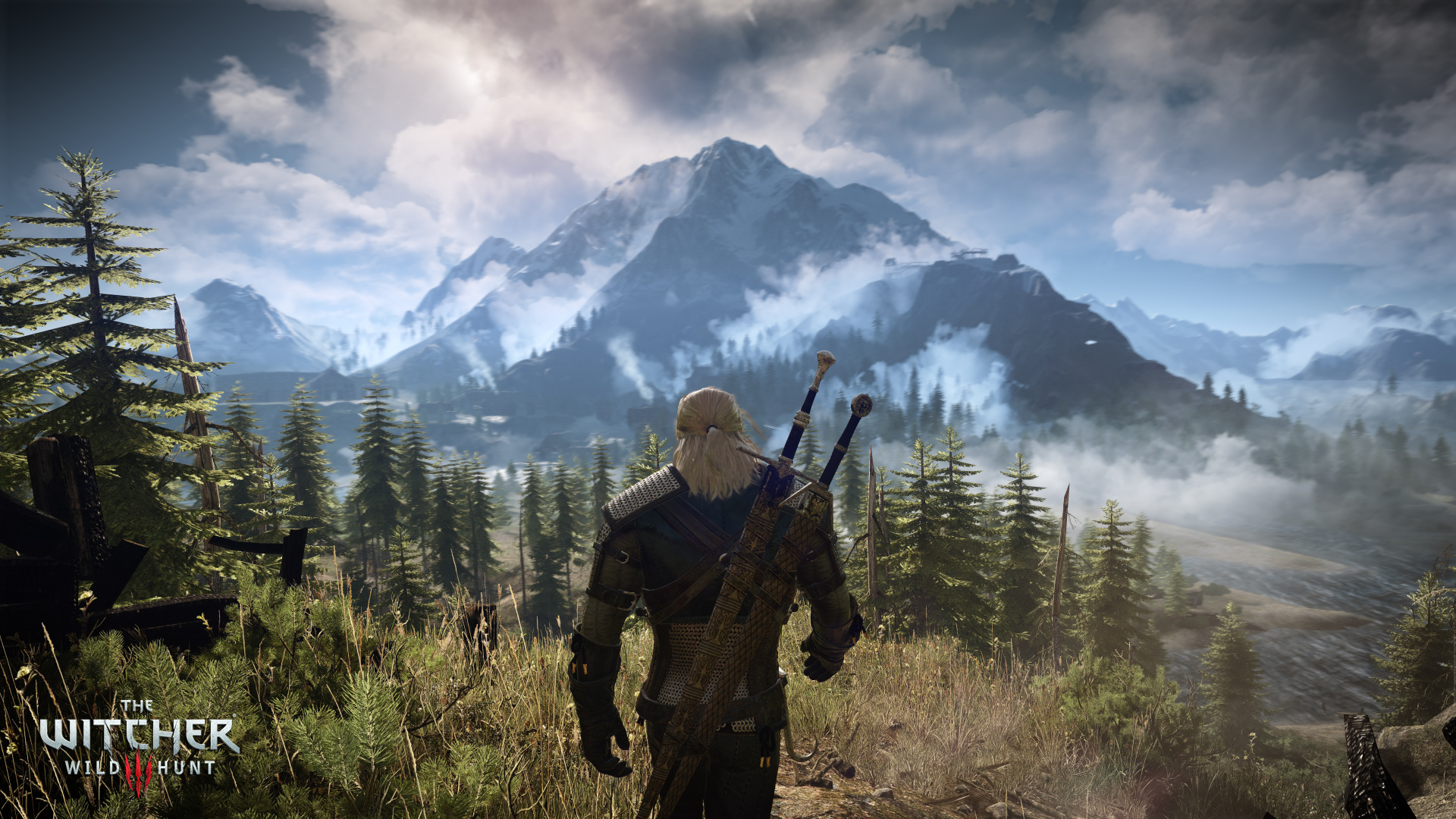
Mikolai: There are some projects on the horizon but I cannot announce yet.
Mikolai: In the case of a film or a TV show the music is permanently assigned to any given scene, whereas in a video game it's never exactly in the same spot and completely depends on what a player decides to do and when to do it. This certainly is mirrored in the musical approach to both media. When dealing with interactive music you have to write in a way that it remains open to a change at any given moment. Therefore, very often you have to plan bigger sections of music together as one. Another important factor is looping a piece which has to be taken into consideration as well. The only element common to both film and video games is when scoring cut-scenes, which are short movies that are intertwined into the gameplay. In the case of film and TV, in general you have a linear story to support, but not so much in video games where you need to focus more on the mood and how you want the player to feel.
Mikolai: Favorite musicians — too many to mention and the new ones are constantly arising. To mention just a few: I just listened to Alison Krauss and Union Station — amazing musicianship. I like Esperanza Spalding a lot, with whom I have had an honor to be in one class at Berklee. Chick Corea, Brad Mehldau, Steely Dan. I love Tom Waits' music so, so much that it was probably the biggest pivotal point in my musical taste.
With game and film soundtracks the situation is similar — there are many that I really like, but I will only mention "Medal of Honor" by Michael Giacchino and "The Girl With the Dragon Tattoo" by Trent Reznor which are kind of at the extreme ends of the sonic spectrum with each other.
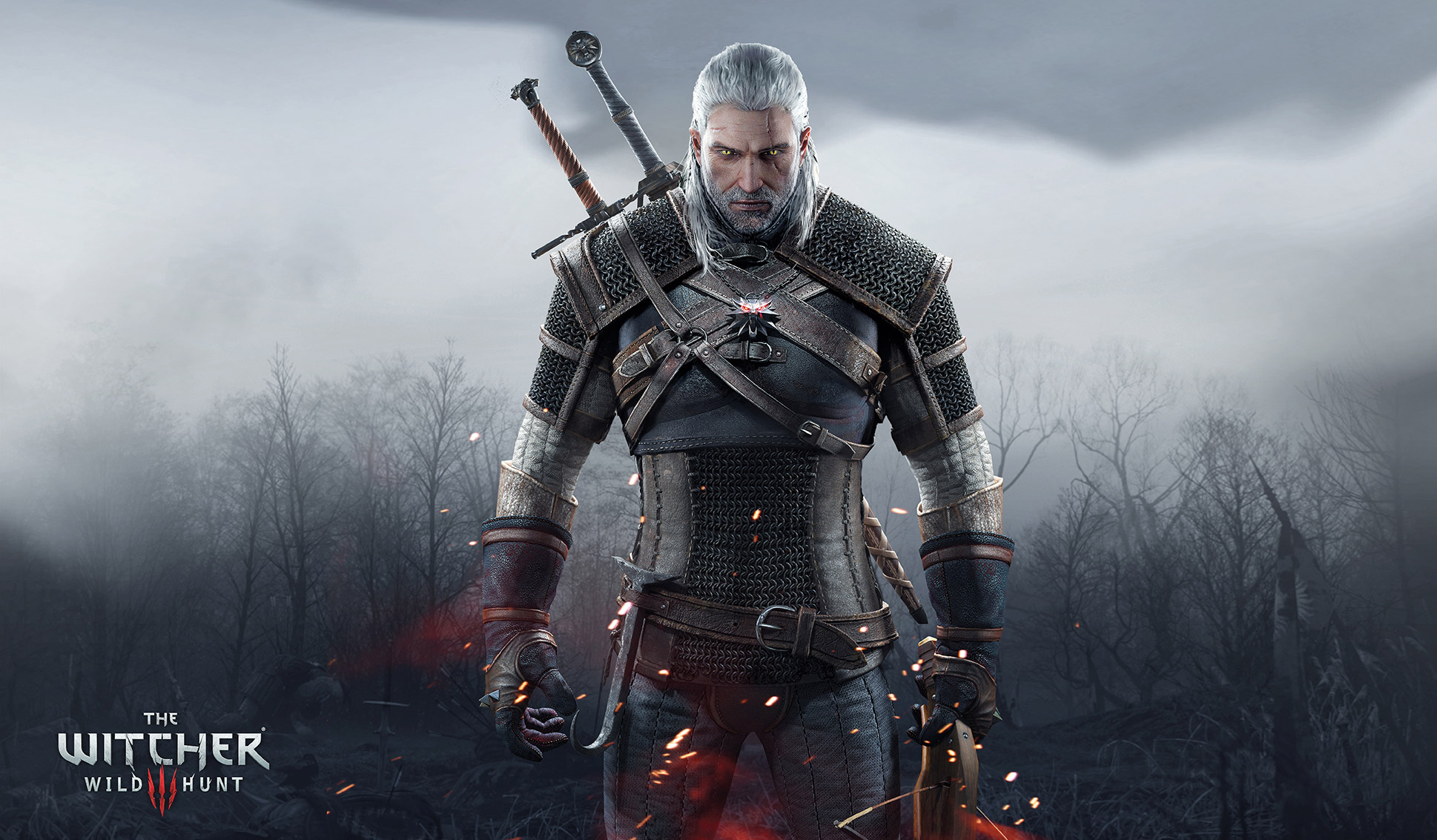
Mikolai: It's not an easy question. In a way I feel my music is influenced by every artist I ever heard whether consciously or subconsciously. I think I will shy away from mentioning exact names that influenced me more than others. Like I just said I love listening to Tom Waits, but am not sure if you will find a common note between us. It has been a while since I listened to someone and said, "I want to sound like that!" I would say that the influence on my work has been my own path of life as well as my personal and professional experience.
Mikolai: Some of the tracks were recorded with full live orchestra in Germany. Mostly though the live element comes from the soloists I mentioned along with the band Percival.
Mikolai: I haven't played the game yet. If the game is faithful to the books, I am very much looking forward to the sense of humor part of it, because the books made me laugh so hard I cried.
Mikolai: It has been my pleasure. Thank you.
